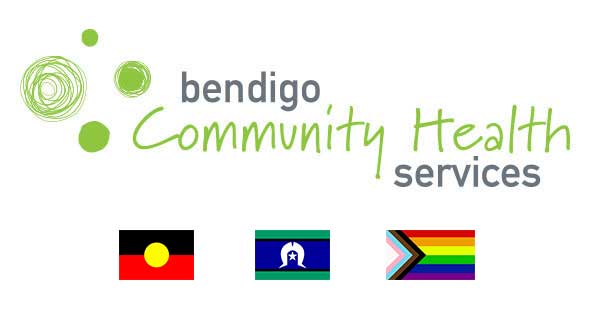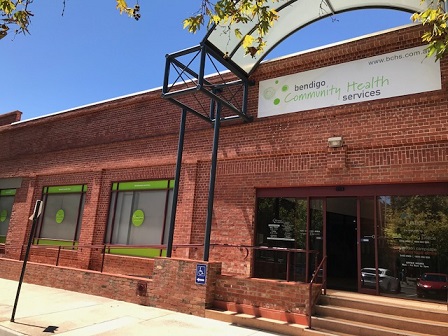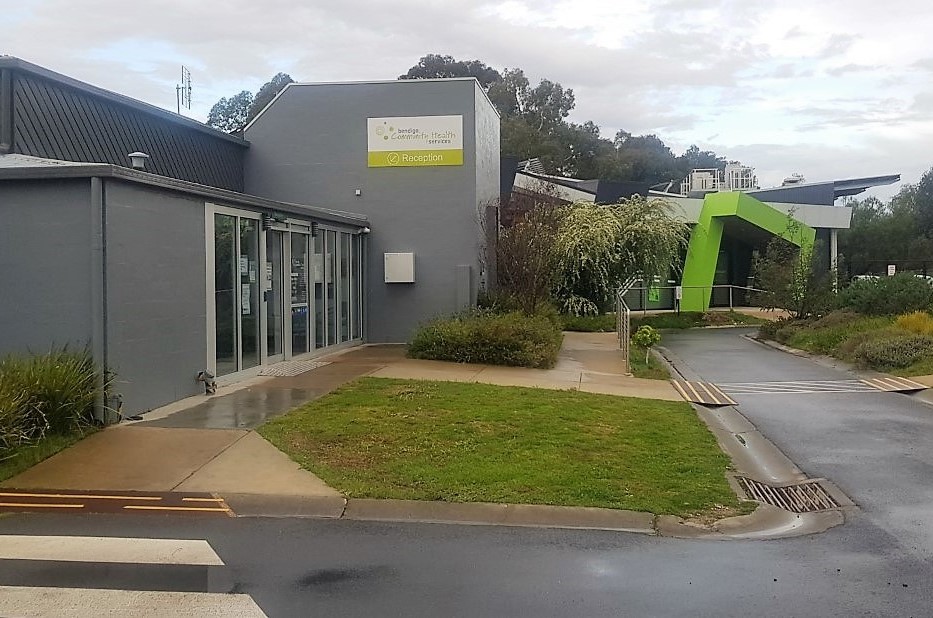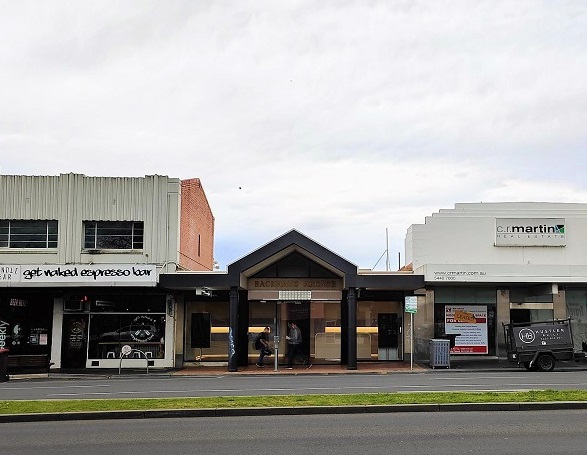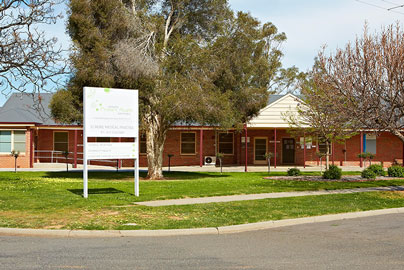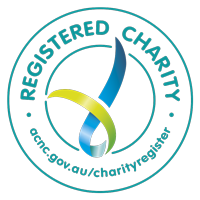The latest National Wastewater Drug Monitoring Program findings will help guide and inform Bendigo Community Health Services’ Alcohol and Other Drugs programs.
BCHS looks to the monitoring program’s regular report to confirm what staff already know is happening on the ground, and reinforce its education and response services.
The report provides national research and intelligence on illicit drugs and licit drugs that can be abused, and is funded by the Australian Criminal Intelligence Commission.
Senior Leader Alcohol and Other Drugs Clinical Service Sheenah Van Eck said the 19th report, released in July, was “interesting, but not surprising”.
“We always view with interest what the wastewater report is telling us and whether or not it translates with what our Needle Syringe Program staff are seeing, and in this case it does,” Sheenah said.
“It influences the safety messages we give our outreach clients and lets us know what substances are out there that people may not be aware they’re using.”
The latest report found that of the substances tested in December 2022, “Regional Victoria ranked first nationally in consumption of heroin, and second in consumption of oxycodone and fentanyl.”
Of regional areas in general across Australia, it found that “between August and December 2022, the population-weighted average regional consumption of alcohol, nicotine, heroin, oxycodone and cannabis decreased and methylamphetamine, cocaine, MDMA, MDA, fentanyl and ketamine increased.”
Sheenah said those regional findings were in line with what BCHS staff were seeing in Bendigo, however in the case of increased fentanyl levels, people were not always aware they were consuming that drug, due to a current trend for methamphetamines to be laced with fentanyl.
“The wastewater report allows us to target some of the education and follow up our staff do with clients and the people on the streets,” Sheenah said.
BCHS’ day-to-day actions to support people using drugs in Bendigo include counselling and education for clients and their families, referrals to other health and welfare services, residential and non-residential withdrawal programs, mobile drug safety services and access to clean injecting equipment.
“There is a drug problem in Bendigo, as in so many regional areas, and we do not have as many support workers as we’d like, but we do have an impact,” Sheenah said.
“The feedback we get from our clients, especially our clinical clients, is unfailingly positive. They feel educated and supported by the help we provide to them and their families.
“We do the absolute best with what we’ve got, we’re there for our clients wherever and however we can be.”
For more information on our Alcohol and Other Drugs services, please visit https://www.bchs.com.au/alcohol-and-other-drugs
(Image by Austin Kehmeier on Unsplash)


